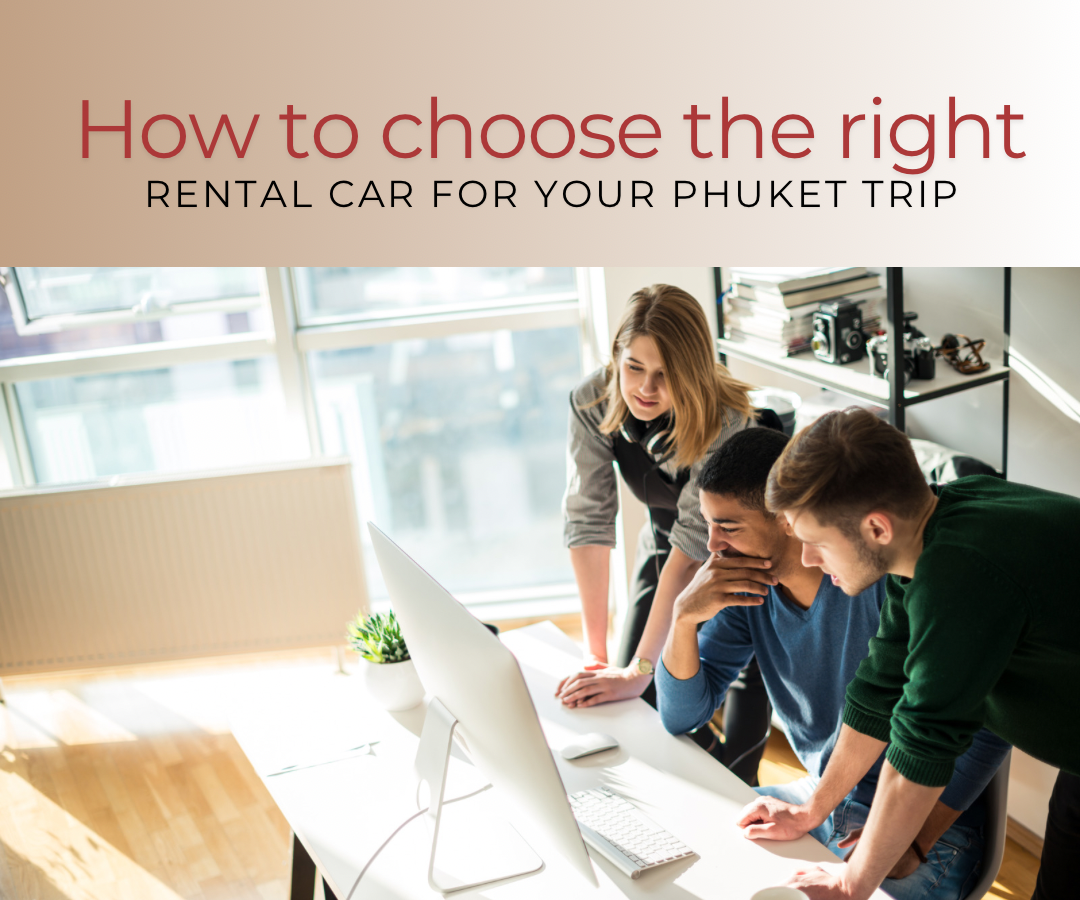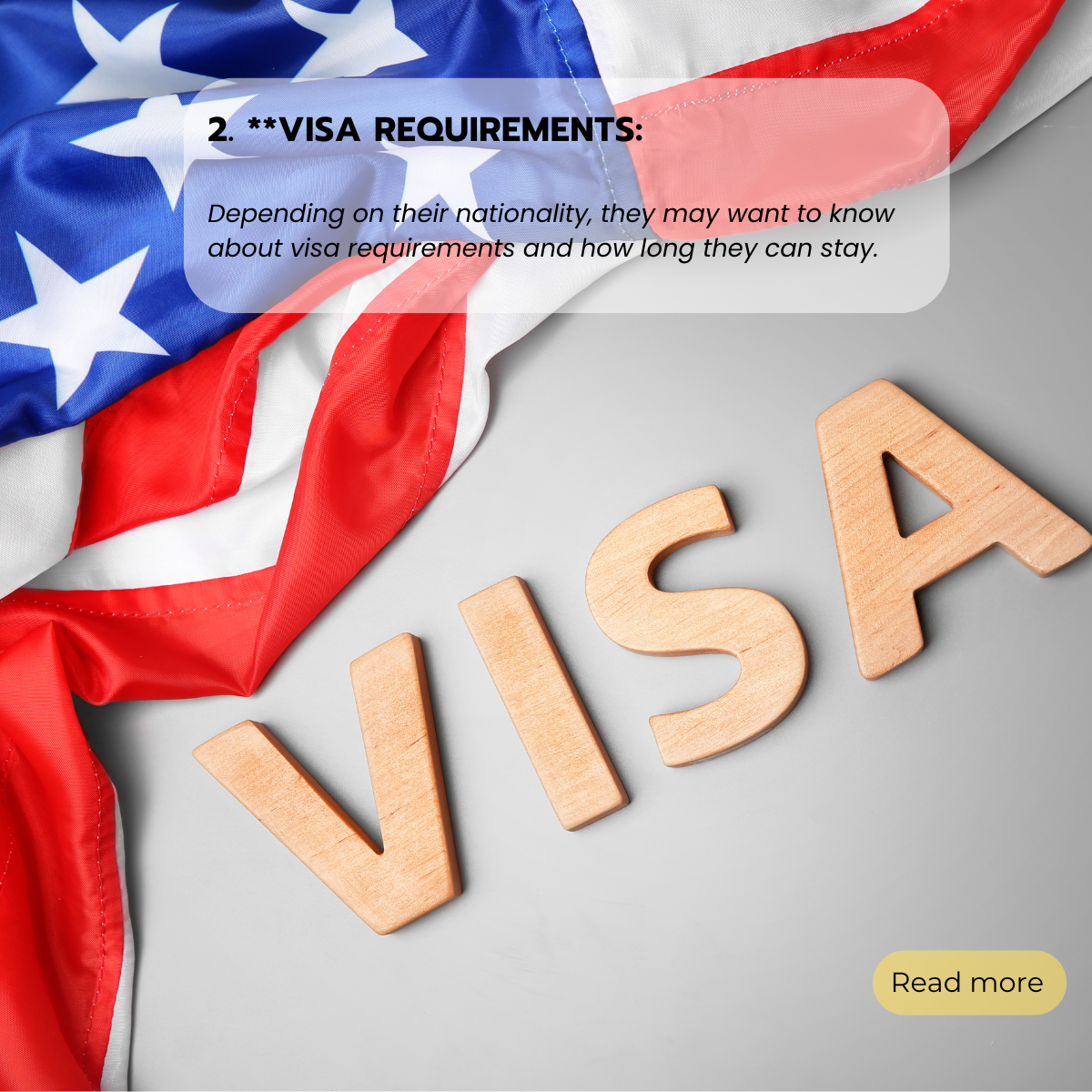
1. Consider Group Size and Luggage Needs
- Small Cars: For solo travelers or couples with light luggage, a compact or economy car, like a Toyota Yaris or Honda Jazz, is ideal. These cars are fuel-efficient and easy to maneuver through Phuket’s smaller streets.
- Sedans or Mid-Size Cars: Families or small groups with moderate luggage should consider a sedan, such as a Toyota Vios or Honda Civic. These cars offer more legroom and trunk space without being too large for city driving.
- SUVs and Minivans: For larger groups, families with kids, or travelers with extra luggage, an SUV like the Toyota Fortuner or a minivan like the Toyota Innova is ideal. These vehicles provide more space and comfort for extended trips, and they’re better suited for exploring off-the-beaten-path areas or longer drives.
2. Evaluate Your Itinerary and Terrain Needs
- City Exploration: If you’re mostly sticking to city areas like Patong, Kata, or Phuket Town, a smaller car is usually sufficient and will be easier to park in busier areas.
- Beach Hopping: For those planning to explore Phuket’s various beaches, consider a sedan or compact SUV. While Phuket’s roads are generally well-maintained, some beach access roads are narrow, so a smaller or mid-size vehicle is more practical.
- Hilly or Remote Terrain: Phuket’s hilly areas, like those leading to Big Buddha or Windmill Viewpoint, may require a bit more power. If your plans include visiting these spots or driving off paved roads, consider an SUV for better handling on steep inclines.
3. Choose Fuel Efficiency for Long Drives
- Economy and Compact Cars: For budget-conscious travelers planning lots of city driving, compact cars are fuel-efficient and cost-effective for getting around Phuket’s busy areas.
- Hybrid Options: Some car rental companies offer hybrid vehicles, which are great if you plan to explore Phuket and nearby regions extensively. Hybrids offer fuel savings and a lower environmental impact, ideal for long-distance drivers.
4. Factor in Weather Conditions and Comfort
- SUVs for Rainy Season: Phuket experiences a monsoon season, with increased rainfall and slippery roads. During these months, an SUV provides better traction and stability, especially if you plan to drive around the island on wet roads.
- Climate Control for Comfort: Phuket can get hot and humid, so selecting a vehicle with effective air conditioning is essential for comfort, especially for families with young children or older passengers.
5. Think About Parking and Road Conditions
- Compact Cars for Easy Parking: Parking in popular areas like Patong or Phuket Town can be a challenge. Compact cars are easier to park in tight spaces and navigate through narrow streets.
- SUVs for Remote Locations: If you plan on visiting less accessible locations, like some hidden beaches or mountain viewpoints, an SUV will provide better clearance and a more stable ride on bumpy or unpaved roads.
6. Match the Vehicle to Your Activities
- Beach and Outdoor Adventures: If you’re planning activities like snorkeling, hiking, or surfing, an SUV or a hatchback with extra cargo space is perfect. You’ll have enough room for sports gear, towels, and any other equipment you bring along.
- Sightseeing and Day Trips: For those focused on sightseeing, a standard sedan or compact car will be comfortable for shorter day trips to Phuket’s landmarks and attractions, like the Big Buddha, Old Town, and local markets.
- Extended Island Road Trips: If your itinerary includes exploring neighboring provinces or national parks, consider renting an SUV or hybrid for extra comfort, durability, and fuel efficiency.
7. Check for Special Features and Insurance
- GPS and Navigation: Phuket’s signage can sometimes be limited, especially in more rural areas. Many rental cars come with GPS or offer it as an add-on, which is useful if you plan to explore the entire island.
- Child-Friendly Options: If you’re traveling with young children, ask the rental company if they offer child car seats. Some vehicles come with built-in child-friendly options, which make traveling with kids safer and more comfortable.
- Insurance Coverage: Phuket’s traffic can be unpredictable, so it’s wise to get full insurance coverage for peace of mind. SUVs and larger vehicles may cost more to insure, so factor this into your budget.
8. Consider Automatic vs. Manual Transmission
- Automatic for Convenience: Many rental cars in Phuket are automatic, which is ideal for those who prefer a relaxed driving experience, especially in city traffic or on Phuket’s winding roads.
- Manual for Better Control: If you’re comfortable with manual transmission and want more control for handling hilly terrain, you might find a manual SUV or car more suitable.
9. Plan for Budget-Friendly Options
- Standard Cars for Budget Trips: If budget is a primary concern, smaller compact cars are generally the most affordable. Additionally, fuel efficiency will keep gas costs low, making this a great choice for budget-conscious travelers.
- Check for Discounts: Some car rental companies offer discounts for weekly or monthly rentals. If you’re planning an extended stay, look for deals to reduce overall rental costs.
10. Think Ahead About Extra Amenities
- Roof Racks: For those with a lot of luggage or outdoor gear, such as surfboards, consider asking for a vehicle with a roof rack.
- Bluetooth and USB Ports: A comfortable driving experience often includes good music and phone charging options. Double-check if the car has Bluetooth or USB ports for added convenience, especially if you’ll be driving frequently.
- Seating Adjustability and Space: Choose a car with adjustable seats if you’ll be doing lots of driving. A comfortable ride can make a big difference, especially for longer trips.

1. Visa-Exempt Countries: Many nationalities can enter Thailand for tourism without a visa for a certain period, usually 30 days (sometimes 60 days), when arriving by air. This is often referred to as a “visa exemption.” Visitors arriving overland may be granted 15 days. The exact duration and requirements can vary by nationality.
2. Tourist Visa: If your stay exceeds the visa-exempt period, you may need to apply for a tourist visa from a Thai embassy or consulate in your home country before traveling. A standard tourist visa often allows a stay of 60 days and can be extended once for an additional 30 days within Thailand.
3. Visa on Arrival: Some nationalities may be eligible for a visa on arrival, which allows you to stay for a specific period, usually 15 days. Check if your nationality qualifies for this option.
4. Proof of Sufficient Funds: Immigration authorities may ask for proof of sufficient funds or a return ticket to ensure that you can support yourself during your stay.
Remember that visa regulations can change, and it’s essential to verify the specific requirements for your nationality and the most current entry conditions before traveling to Phuket or any other destination in Thailand. Contact the Thai Embassy or Consulate in your country or refer to official Thai government sources for the latest information.
